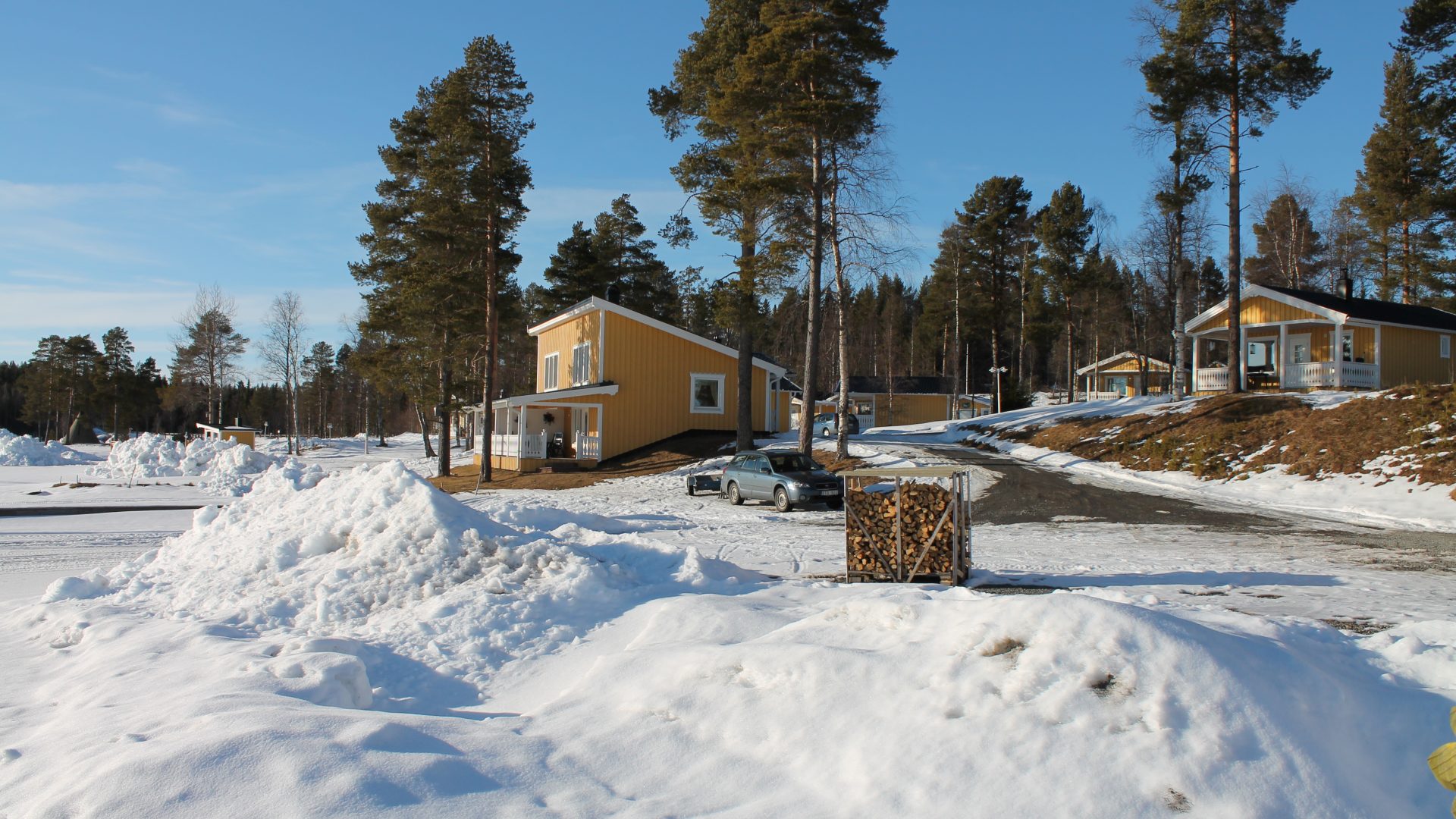Owning forest as an entrepreneur could increase the firms’ possibility to survive in a harsh economic environment. However, the effect is only visible for men and is more vivid in rural areas.
60 000 new firms are started in Sweden each year. These new firms gives hope of rural and regional development, stronger labour market and regional economy. However, close to a third (32%) of all companies have discontinued within the first three years. A large quantity of the companies that survive, do not have enough turnover to even provide for its owner.
Forest assets give a more stabile business
One way of surviving shaky start-ups is to have forest assets. This comes from a study made within the research programme PLURAL. Non-forestry micro-firms run by forest-owners have better earnings than other firms. This implies that, for instance entrepreneurs use their forest revenues in a strategic way to maintain the firm activity. – Forest assets accesses different kinds of resources that can be used within the business, forest areas can for example be used by the tourism sector. Moreover, the forest revenues within the firm can be used as a buffer when it is economically difficult, says Katarina Haugen, one of the researchers behind the study.
Effect only visible on male owners
The firm type and the entrepreneurs age, gender and experience matter when it comes to effects of owning forest. It is particularly advantageous for private firms run by men. There is no such connection for female entrepreneurs. The researchers behind the study, Urban Lindgren and Katarina Haugen, claims the difference could stem from the difference in objective with men and women’s forest ownership. – Women and men often differ in their views of forest values and forest use. Male forest owners, for instance, tend to emphasise production, i.e. the forest economic values. This could result in them having a larger capital that in turn can be used within their firm, even firms not connected to forestry, says Katarina.
Businesses in rural areas perform better
Micro-firms with forest assets, located outside the metropolitan regions make better use of the forest and tends to perform better. – This way, forest ownership combined with entrepreneurship, could contribute to an economical development and job opportunities in for instance rural areas and less populated areas, says Katarina. It is however never harmful for a firm, regardless size or location, to own forest.
Facts
The study is based on statistical analyses of official register data with information on all micro-firms with 1-10 employees and is funded by the Swedish research council FORMAS and the PLURAL project – living and acting in several places.
Haugen, Katarina; Lindgren, Urban. (2013) On the importance of forest assets for micro-firm performance. Fennia – International Journal of Geography 191 (2), 122-142

